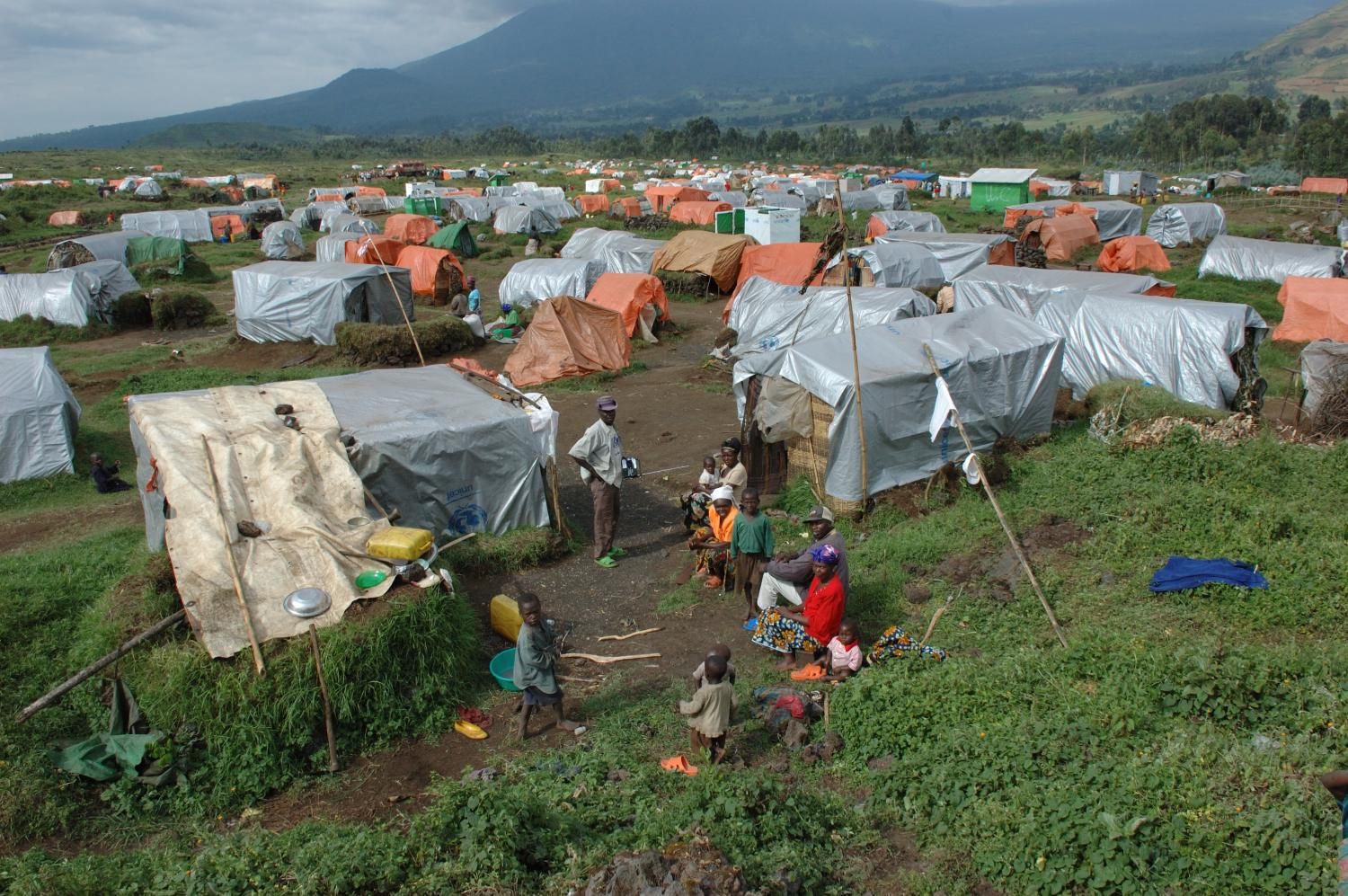From the Farms of Syria to the Oil Fields of Burma: The True Cost of Climate Change
October 2, 2015
The United Nation’s upcoming conference on climate change, which will be held in Paris this November, is steadily gaining prominence as public figures like Pope Francis bring attention to the human cost of global warming. Often, the discussion surrounding this “human cost” revolves around people losing their homes to rising sea levels and natural disasters. However, climate change has also resulted in resource conflicts that have contributed to two of the worst humanitarian crises of the 21st century: the Syrian and Rohingya refugee crises.
From 2006 to 2011, Syria experienced its worst drought in history, which affected 60 percent of its land and resulted in the death of 85 percent of its cattle. Farmers attempted to save their livelihoods by digging wells, but this was illegal under the Assad regime, which awards drills only through political ties. As a result, many farmers were arrested for simply attempting to survive. A lack of access to water and economic power led nearly one million farmers to abandon their farms, which had been in their families for generations, in search of employment in nearby cities.
This crisis of internally displaced people led to tensions within cities, and those tensions exacerbated the government’s lack of attention to basic needs and social welfare programs. Growing frustration and desperation among Syrian citizens, most notably those in Daraa, led to protests that resulted in secret police torturing protestors by burning their skin and pulling out their fingernails. As of September 2015, the violence of the Assad regime and various other factions against Syrian civilians has resulted in the displacement of more than four million refugees, the largest refugee crisis since World War II.
Beyond the desperation caused by climate change itself, the fossil fuels that produce climate change have also given rise to a humanitarian crisis.
Myanmar, also known as Burma, is known for its human rights abuses and is home to the longest-running armed conflict in the world. In 2012, the country opened itself to foreign investments that enabled various fossil fuel companies, such as Chinese Daewoo International and the China National Petroleum company, to do offshore oil explorations off the coast of the Rakhine/Arakan state, native home to the Rohingya people, who are amongst the most recent victims of genocide.
Daewoo and China National’s explorations were so successful that, in 2013, they began to construct two cross-country pipelines that funnel into southwestern China. The construction of these pipelines has contributed to the displacement of 32,000 Rohingya. In an effort to combat this, the Shwe Gas Movement has been putting pressure on Myanmar and the companies to stop offshore exploration through disrupting the building of the pipeline and demonstrating at various meetings that Chinese and Burmese oil companies have had.
China is not the only global player contributing to the oil-driven displacement of the Rohingya. On February 5, 2015, the Royal Dutch Shell Petroleum Company (commonly known as Shell in the United States) celebrated the signing of production-sharing contracts with Mitsui Oil Exploration and Myanma Oil and Gas Enterprises (which is operated by former members of the Burmese junta who are responsible for several instances of ethnic cleansing/genocide and the longest running civil war in world history), which will enable Shell to explore deep water off the coast of the Rakhine/Arakan state and create more pipelines that run through the homeland of the Rohingya.
The Syrian and Rohingya crises offer a lense through which people can view the devastating human cost of climate change. However, as also demonstrated by both of these crises, treating the symptoms of climate change are not enough because the products and industries that create it are the roots of the problem. Some may argue that the overall economic gains from industries that cause climate change, such as the fossil fuel industry, outweigh the cost of the people displaced. This statement is unfounded. Atop the human crisis, the economic strains caused by these industries on Europe and parts of Asia and Pacific heavily outweigh any benefit in supporting these industries.
The issue of climate change, and the immorality of industries that cause it, are not limited to the Eastern hemisphere. It is important to remember that these factors caused the droughts in California that have put thousands of farmers out of business, the BP Oil spill that killed various forms of wildlife and destroyed fishing towns along the Gulf Coast, and powerful storms such as Hurricane Katrina. In likeness to the aforementioned refugee crises, these reveal how the most oppressed people in society are the most vulnerable to climate change.



